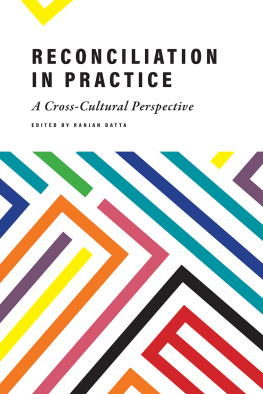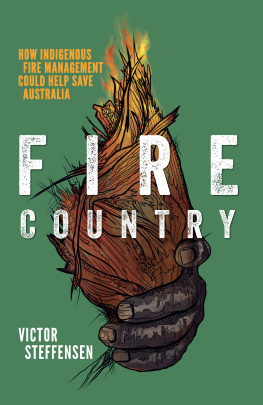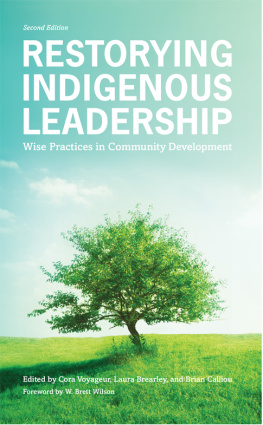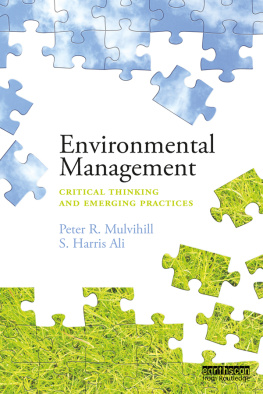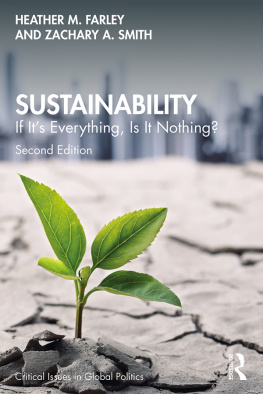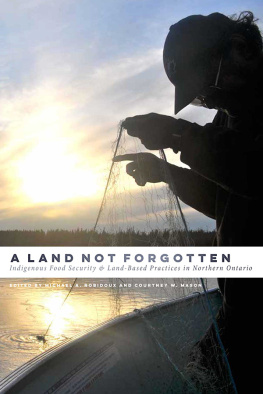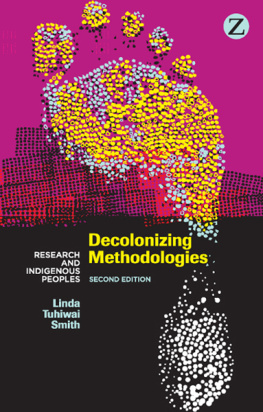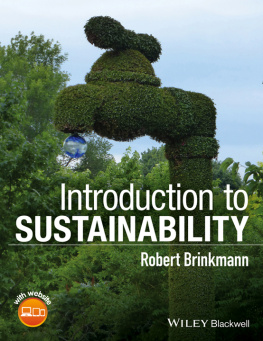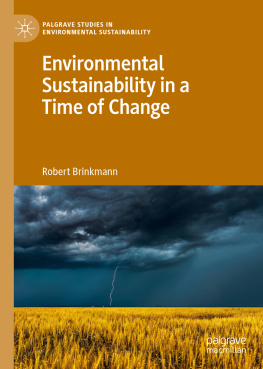Ranjan Datta - Land-Water Management and Sustainability in Bangladesh: Indigenous practices in the Chittagong Hill Tracts
Here you can read online Ranjan Datta - Land-Water Management and Sustainability in Bangladesh: Indigenous practices in the Chittagong Hill Tracts full text of the book (entire story) in english for free. Download pdf and epub, get meaning, cover and reviews about this ebook. year: 2018, publisher: Routledge, genre: Politics. Description of the work, (preface) as well as reviews are available. Best literature library LitArk.com created for fans of good reading and offers a wide selection of genres:
Romance novel
Science fiction
Adventure
Detective
Science
History
Home and family
Prose
Art
Politics
Computer
Non-fiction
Religion
Business
Children
Humor
Choose a favorite category and find really read worthwhile books. Enjoy immersion in the world of imagination, feel the emotions of the characters or learn something new for yourself, make an fascinating discovery.

- Book:Land-Water Management and Sustainability in Bangladesh: Indigenous practices in the Chittagong Hill Tracts
- Author:
- Publisher:Routledge
- Genre:
- Year:2018
- Rating:3 / 5
- Favourites:Add to favourites
- Your mark:
Land-Water Management and Sustainability in Bangladesh: Indigenous practices in the Chittagong Hill Tracts: summary, description and annotation
We offer to read an annotation, description, summary or preface (depends on what the author of the book "Land-Water Management and Sustainability in Bangladesh: Indigenous practices in the Chittagong Hill Tracts" wrote himself). If you haven't found the necessary information about the book — write in the comments, we will try to find it.
Indigenous sustainability and environmental management cannot be understood apart from a community, its traditions, and ways of practices. Interest in Indigenous environmental sustainability has grown steadily in past years, reflecting traditional cultural perspectives about the environment and developing research priorities.
This book explores the ways one Indigenous community, in the Chittagong Hill Tracts in Bangladesh, has reinvented the meanings of sustainability using traditional knowledge to blend traditional sentiment with large-scale dislocations within their own communities and international economy. This book includes up-to-date research on meanings and implications of Bangladeshi Indigenous sustainability which focus on relationality, traditional knowledge, spirituality and hybridity. Environmental protection and Indigenous land-water rights have been ignored in the region and there has been minimal research on these intersecting issues locally or internationally. Land-Water Management and Sustainability in Bangladesh addresses this gap in an examination of postcolonial Indigenous communities complex and shifting relationships to nature and in relation to discrimination and oppression regarding Indigenous land and rights. The book makes a contribution to both the research literature and on the ground practice in inspiring a new culture of sustainability in Indigenous regions.
Bringing together community engagement, activism, critical research and scholarship to advocate for socio-environmental justice and trans-systematic sustainability of cross-cultural knowledge, the book will be of interest to academics of a variety of disciplines, including environmental policy, conservation practices, Indigenous studies environmental sustainability, anthropology, American studies, Asian Studies and ethnic studies.
Ranjan Datta: author's other books
Who wrote Land-Water Management and Sustainability in Bangladesh: Indigenous practices in the Chittagong Hill Tracts? Find out the surname, the name of the author of the book and a list of all author's works by series.

